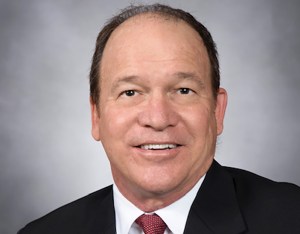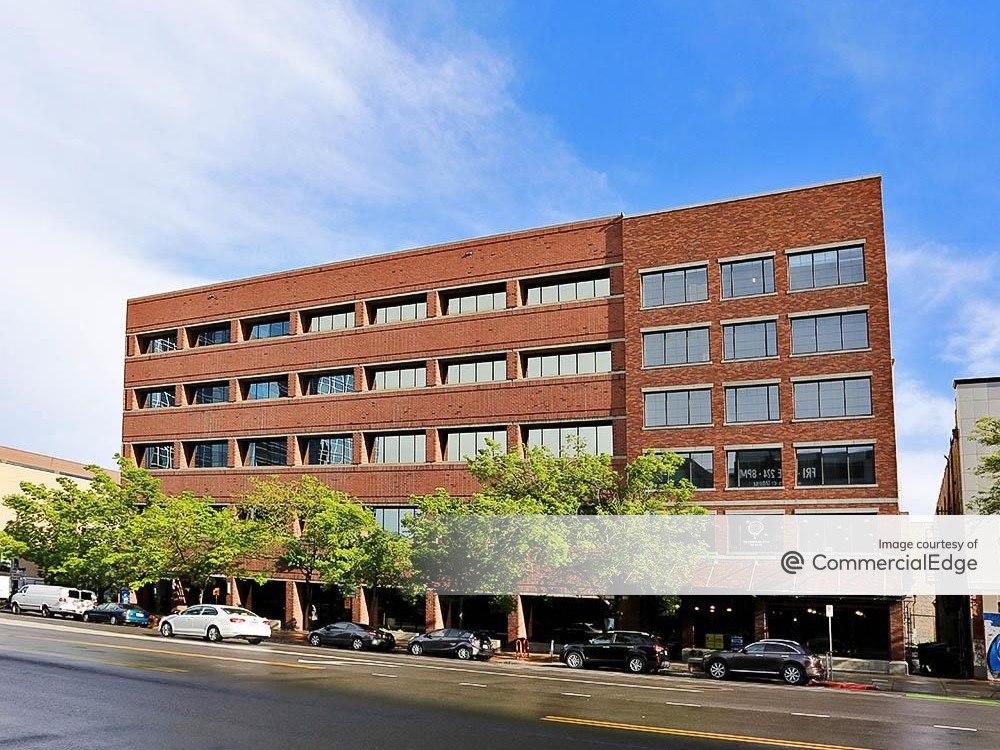Anticipating Risks in Franchise Leases
Attorney Scott Biel on why landlords must consider the relationship between franchisor and franchisee.
For commercial real estate owners, the current economic forecasts for their customers—“brick and mortar” tenants—is troubling when considering the effects of inflation, along with job burn-out, increased quit rates and worker demand for remote and hybrid working arrangements. Will this impact their space requirements?
Yet worker dissatisfaction may be a reason why there has been continued growth in the sales of business franchises. Like remote work, ownership of a franchise appeals to the desire for independence from full-time/on-site employment while involving less risk than starting up a fully independent business.
As franchised business operations continue to increase as a percentage of brick-and-mortar tenants, landlords, franchisees and their brokers should think proactively about that unique aspect of franchisee lease transactions: the franchisor’s rights under the franchise agreement. Too often, a landlord and franchisee tenant will negotiate a lease without taking the franchisor’s rights into consideration.
The franchisee submits the negotiated lease to the franchisor for approval, only to receive a list of franchisor requirements (or a franchisor’s standard form of “franchisor addendum” of “franchisor rider”) that the landlord finds unacceptable, or which require substantial changes to the lease agreement, leading to delays or a broken transaction.
Standard franchisor lease requirements include an option for the franchisor to assume the lease upon a termination of its franchise agreement with the tenant franchisee, the right to cure tenant defaults under the lease, and the right to assume the tenant’s interest under a defaulted lease.
The franchisor’s right to assume the lease from the franchisee tenant may appear to be beneficial to the landlord—deeper pockets and better security for performance—but it could also be a problem if the landlord doesn’t retain approval over the franchisor’s ability to further assign the lease to a replacement franchisee.
From the franchisor’s perspective, a profitable franchise location must be the result of its successful franchise system and the location, and any replacement franchisee should be able to duplicate the franchisee’s success without the requirement for landlord approval of the replacement franchisee. The landlord may want to make that determination for itself if and when the franchise agreement is terminated.
First Things First
If the franchisor requires the right to assume the lease without having to cure the franchisee’s prior monetary and non‐monetary defaults, or without having to fund the costs of evicting the franchisee who refuses to surrender the premises, that should be addressed early in lease discussions rather than by a rider after the lease is negotiated. If the franchisor places all of the costs and burdens of recapturing the premises on the landlord, there is a risk that the landlord will get tied up in any dispute between the franchisor and tenant/former franchisee regarding the termination of the franchise agreement.
For example, if the franchisor terminates the franchise agreement and delivers notice to the landlord of its election to assume the lease, and the franchisee then refuses to vacate the premises, the landlord’s obligation to recapture the premises could include the fees and costs of resolving whether the franchise agreement was wrongfully terminated. In addition to the costs of recapturing the premises, the landlord should protect itself against an interruption of rent payments while the franchise dispute is being litigated.
Another concern is protecting the landlord against the effect of a franchisee filing for bankruptcy when the franchise agreement is terminated by the franchisor. Without that protection, the landlord’s obligation to recapture the premises to satisfy the franchisor agreement may either be stayed (without rent payable by the franchisor) while the franchisor and franchisee resolve the franchisee’s claim of wrongful termination of the franchise agreement, or prevented by the bankruptcy trustee’s assumption of the lease, placing the landlord in breach of the franchisor agreement.
A practical way to limit the landlord’s risk under the franchisor agreement is to require an indemnification agreement and guaranty from the person(s) or corporation in control of the franchisee, indemnifying the landlord against the costs of evicting the franchisee and all unpaid rent that accrues from the termination the franchisee’s leasehold interest until rent is payable by the franchisor under the assumed lease, if the landlord must do so to satisfy the franchisor agreement.
Such a guaranty will be a strong disincentive for the franchisee to refuse to surrender the premises to the franchisor in accordance with the franchisor agreement.
Scott Biel is a partner at Solomon Ward Seidenwurm & Smith LLP. He is nationally recognized as an expert on the legal aspects of structuring and negotiating commercial leases and the acquisition, financing and development of commercial real estate projects.








You must be logged in to post a comment.